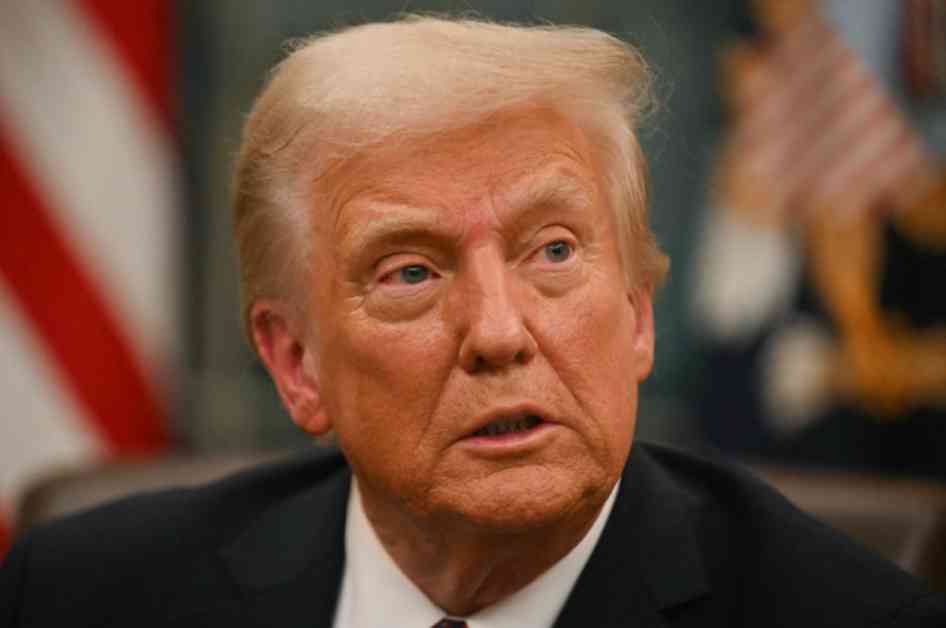President Donald Trump has set out on his new term with a bold promise to be a peacemaker and a unifier, aiming to leave behind a legacy of harmony. However, his initial aggressive actions have raised concerns among experts about the potential alienation of US allies, which could impede his aspirations. In his inaugural speech on Monday, Trump declared his support for a new ceasefire in Gaza and hinted at urging Russia to end its ongoing invasion of Ukraine, signaling a shift towards a more progressive stance on these global issues. Despite these attempts at peacemaking, Trump’s return to the White House after four years was marred by outbursts of anger over domestic grievances, overshadowing his foreign policy ambitions.
Trump’s Contradictory Worldview
As Trump navigates his return to power, his actions have showcased a conflicting worldview that oscillates between promoting peace and adopting a more confrontational and militaristic approach. Benjamin Friedman, the policy director at Defense Priorities, noted the paradoxical nature of Trump’s foreign policy decisions, stating that the president’s stance appears to be a mix of pro-peace sentiments and aggressive tendencies. This duality in Trump’s worldview has raised questions about the consistency of his approach towards international relations and diplomacy.
Lessons from the Past
During his previous term, Trump made strategic moves such as ordering the strike that killed Iranian commander Qassem Soleimani and engaging in confrontations with China. Despite these aggressive actions, Trump also emphasized his efforts to avoid new wars and pursue diplomatic solutions with countries like North Korea. This time around, experts observe a shift in Trump’s stance, particularly in relation to Ukraine and the Middle East, where he seems to be leaning towards a more progressive outlook. However, his hawkish approach towards Latin America and his selection of advisors with strong views on China reflect a continued militaristic mindset.
Building Alliances and Navigating Uncertainty
As Trump embarks on his new term, the importance of maintaining friendly relationships with US allies cannot be overstated. Jon Alterman from the Center for Strategic and International Studies highlights the need for Trump to draw lessons from China’s assertive diplomacy and the impact it has had on regional dynamics. Building alliances and fostering cooperation with key partners will be crucial for Trump as he navigates the complexities of global politics and aims to achieve his vision of peacemaking.
In the midst of uncertainties and challenges, Trump’s chaotic approach to foreign policy has elicited mixed reactions from experts. While some acknowledge the potential for positive shifts in his strategy, others warn of the damaging consequences of his actions, such as withdrawing from international organizations like the World Health Organization and antagonizing countries like Panama. As Trump’s presidency unfolds, the world watches with bated breath to see whether a bulldozer can indeed bring peace in an increasingly tumultuous global landscape.

















